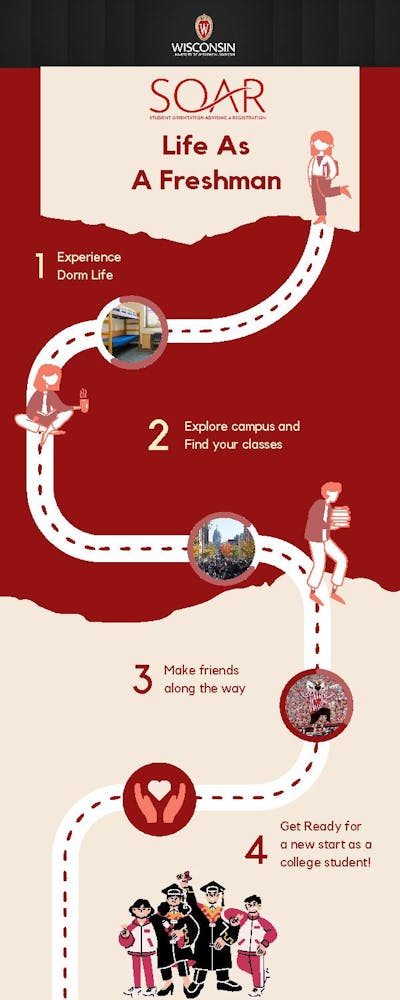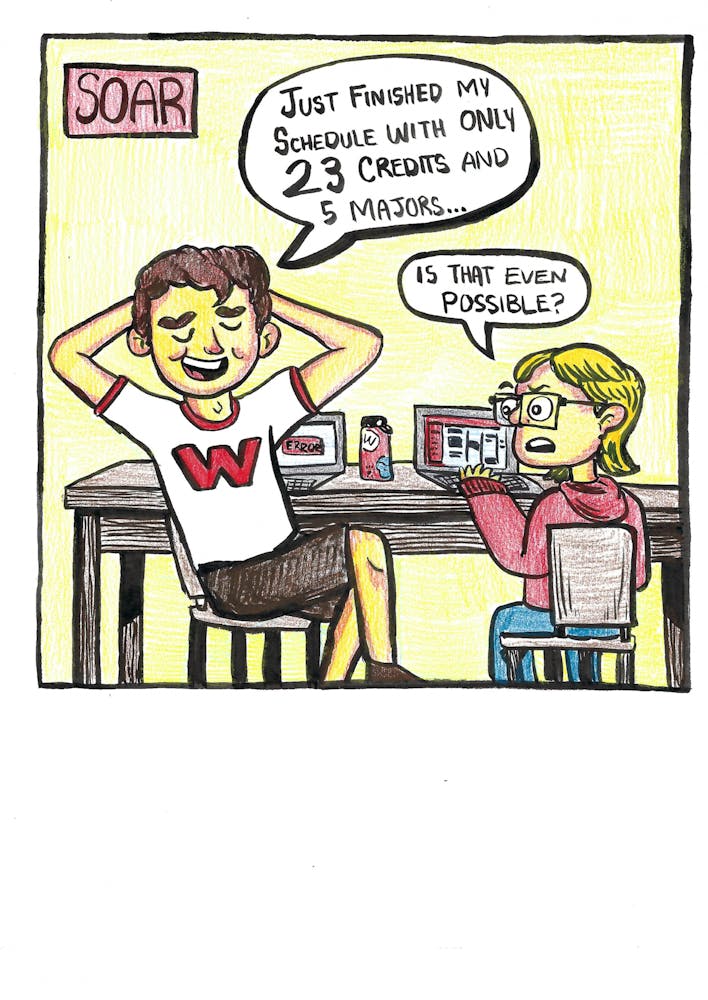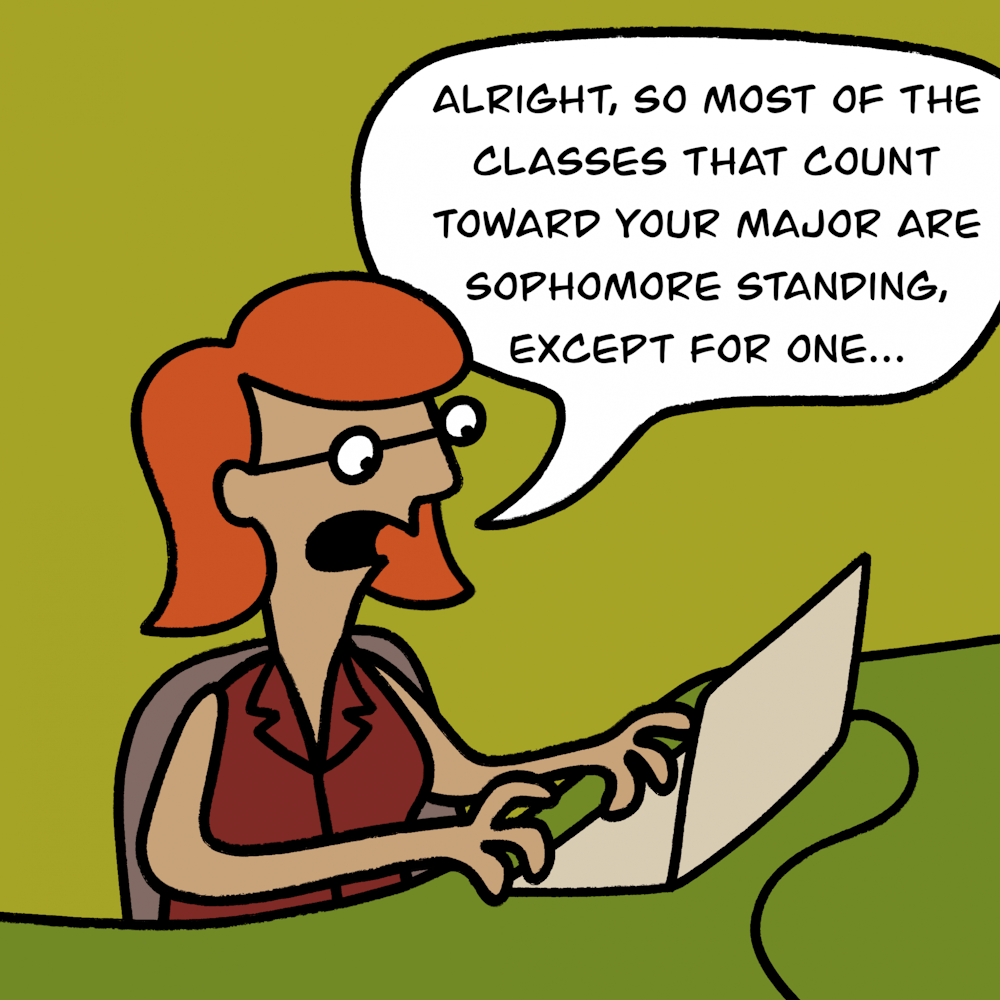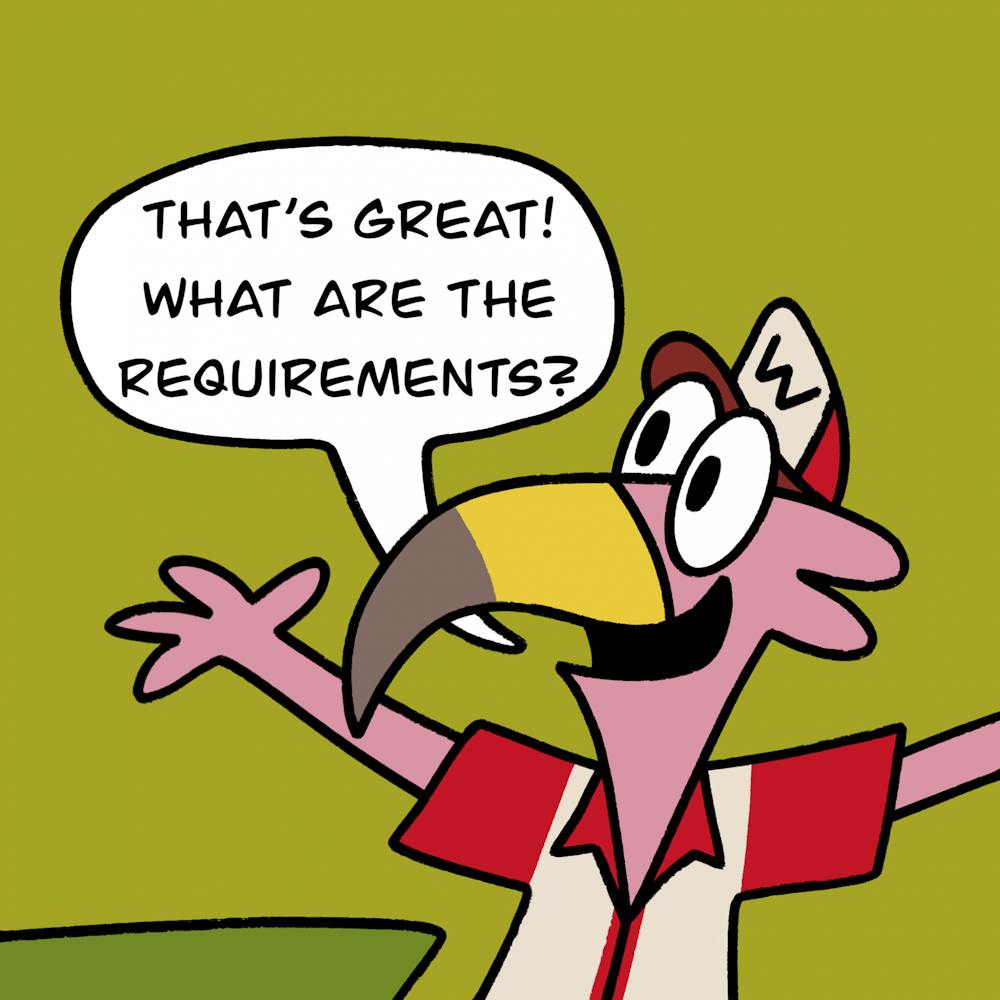Although each student has a different idealized version of their freshman year, it’s crucial that all students allow themselves to make mistakes and let their freshman year follow its own course.
Exciting new classes, parties and making new friends all come along with the freshman experience. However, students are also faced with a new kind of independence that most have never had before. This adjustment is often a culture shock as students find themselves on an emotional rollercoaster.
The W-curve model was introduced in 1963 to try and explain this adjustment, according to the Mayo Clinic Health System. The five stages include the honeymoon phase, culture shock, initial adjustment, mental isolation and acceptance and integration.
My freshman year was not unlike this model.
When I first got to the University of Wisconsin-Madison campus, I was overjoyed. I couldn’t wait to meet new friends and join student organizations. For me, however, it wasn’t until November that my mental isolation, then acceptance and true integration started to begin.
Everyone’s experience will follow a different timeline, but there are many unforeseen similarities that each student's freshman year will inevitably possess.
Anxiety and depression are the most common concerns that college student health services face, according to the Center for Collegiate Mental Health’s annual 2022 report. General and social anxiety were the most heavily treated concerns of the 2022 academic school year, according to the report.
As some students undergo this isolation process, social media and technology may make them feel even worse. With social media allowing users to carefully curate their posts, students believe their peers are having the time of their life while simultaneously seeing friends from home posting about their supposed “amazing” new friend group.
Excessive use of social media only increases this feeling of isolation, according to The Conversation.
Although students may feel as though they are in this process alone, 1 in 3 freshmen struggle with mental health problems, according to a 2018 survey from the American Psychological Association.
Furthermore, the experiences created by technology only aim to simulate and approximate the actual experience a person is having, according to Jim Taylor, a specialist in the psychology of sport and parenting.
Along with social media demons, students also face the newfound rigor of academics and the loaded process of deciding what they want to do for a career.
Although it may seem every student has it figured out, this is not the case. About 80% of students will change their major at least once, according to the National Center for Education Statistics.
What’s more, college students will change their major an average of at least three times, according to the University of Tulsa.
It’s important to utilize student career and educational resources. Students who use these resources on campus and finalize their major between their seventh and eighth semesters have been found to have a 83% graduation rate, whereas those who finalize their major during their first semester only have a 79% graduation rate.
At UW-Madison, each school has its own career services, and each student is assigned to a group of advisors. These advisors help make college transitions smooth and guide students on their academic journey.
As scary and uncertain as this adjustment may sound, students are not alone. UW-Madison student dorms, first year interest group programs, student org. fairs and the Greek life rush process are just some of the experiences that allow students to meet other kids just like them. Although they may not meet their best friends right away, this is the beauty of the college experience.
One of the leading pieces of advice for college freshmen is that it is okay to make mistakes. They’re inevitable and completely normal.
I came out of my freshman year with valuable life lessons about time management, self-discipline and my academic career. I also found a great group of friends, most of whom I connected with during my second semester.
By not pressuring themselves to create “the perfect freshman year experience,” students are already one step ahead when it comes to allowing new experiences and interactions to shape who they will become.
Charlotte Relac is a sophomore studying Journalism and Mass Communication. She is an Opinion Editor and a member of the Editorial Board. Do you agree that it is important to let the freshman experience follow its own course? Send all comments to opinion@dailycardinal.com












